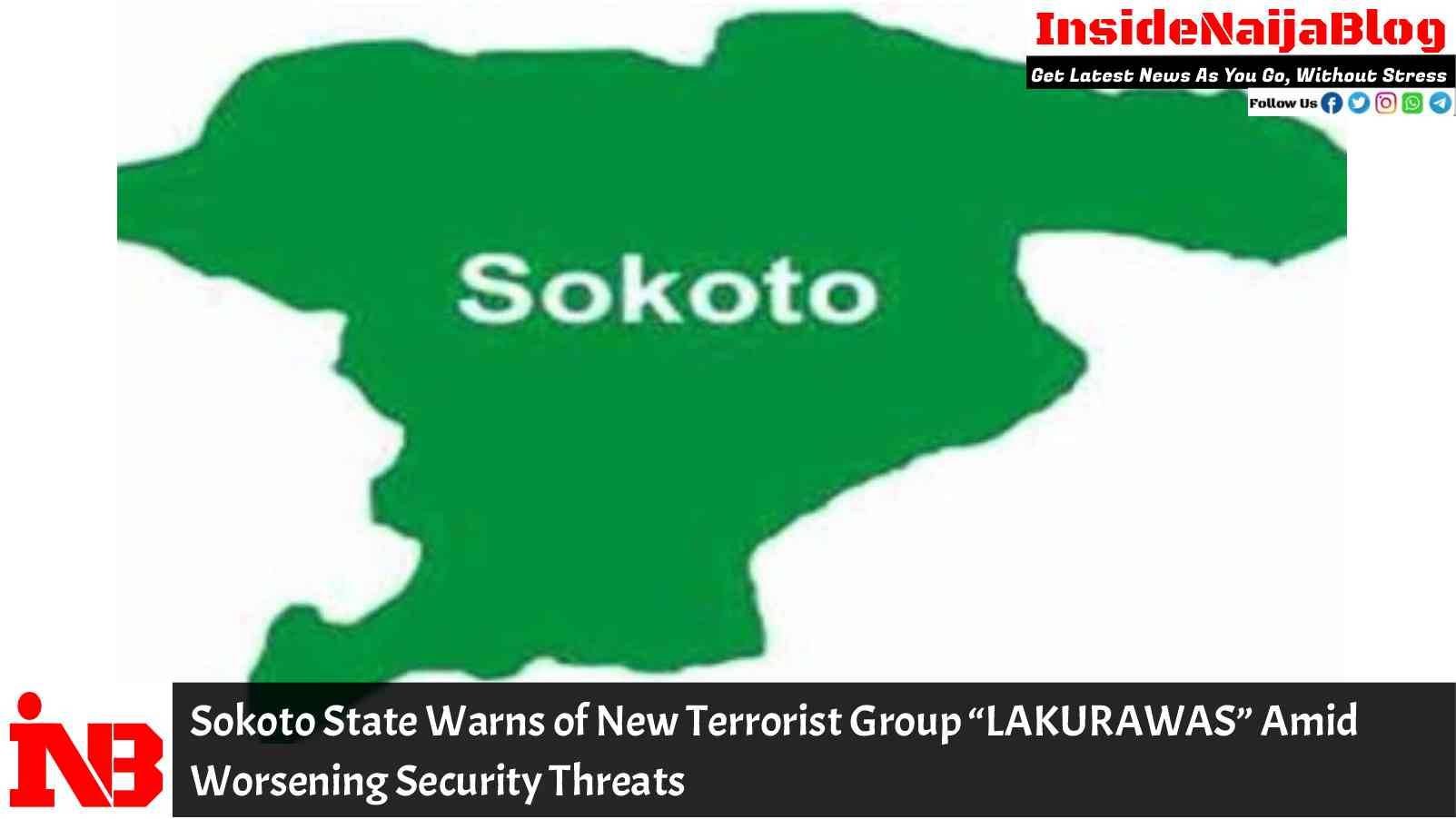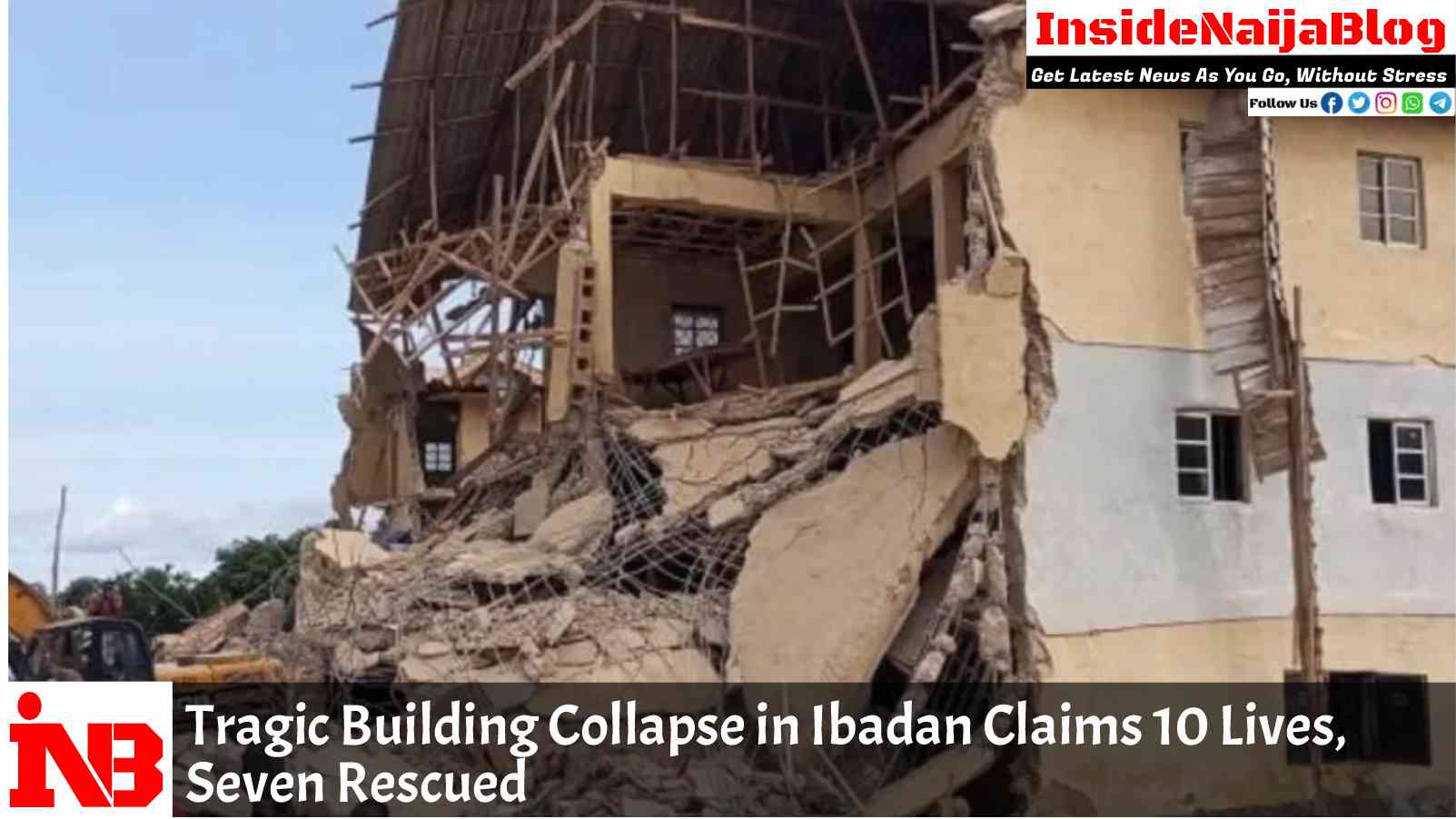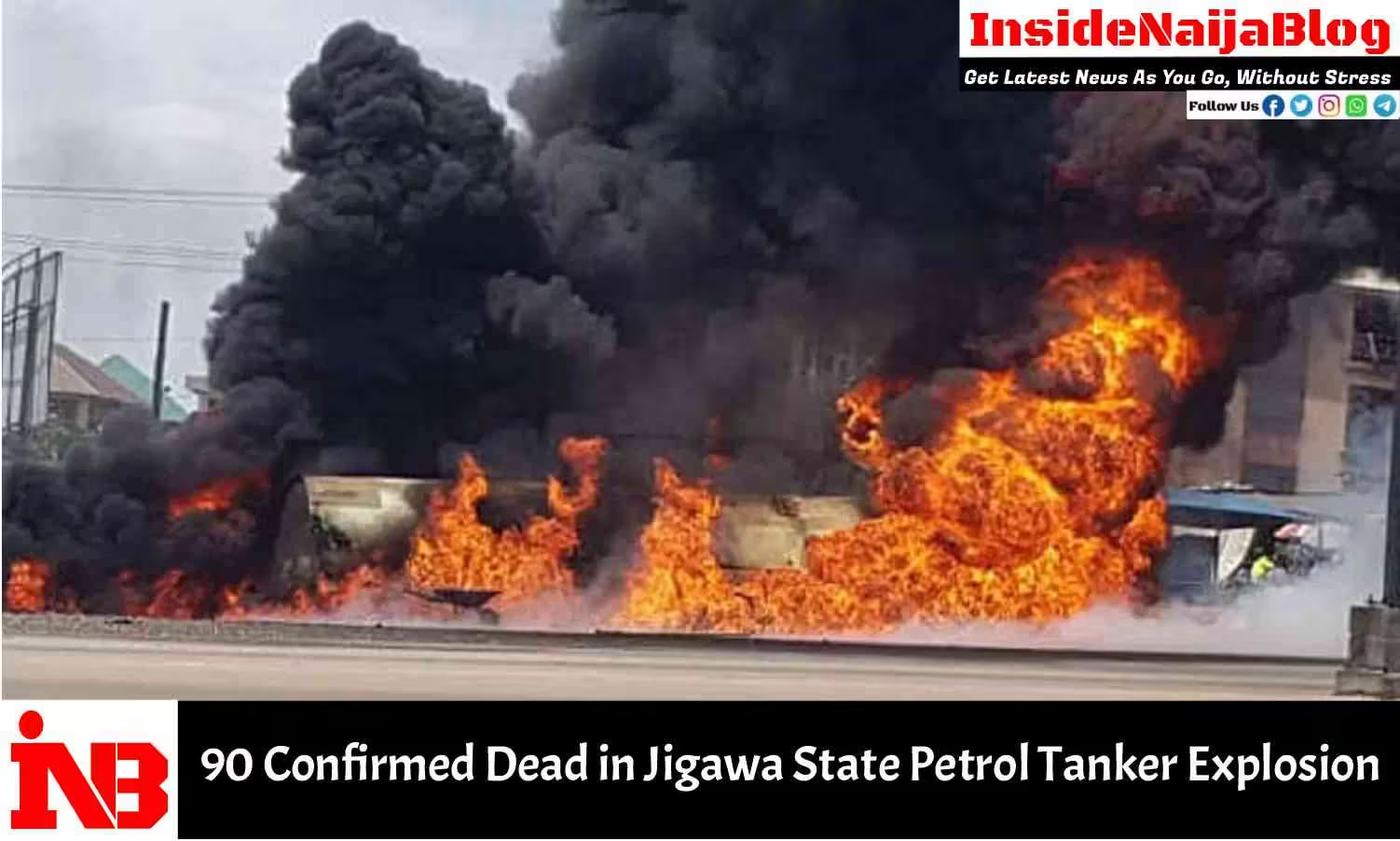The Sokoto State Government has issued a stern warning regarding the emergence of a new and dangerous terrorist group identified as “LAKURAWAS.” This group, which the state describes as faith-based and ideologically driven, is said to be armed with sophisticated weaponry, posing a significant threat to public safety. Sokoto State Deputy Governor Idris Gobir highlighted these concerns during a meeting with participants of Course 33 from the National Defence College in Abuja, who are currently conducting a study tour in Sokoto.
Gobir expressed deep concern about the expanding activities of LAKURAWAS across Sokoto, noting that their criminal operations have already impacted around five local government areas. According to him, the emergence of this group has only added to the existing challenges Sokoto faces from rampant banditry, an ongoing issue for years that has already disrupted communities, displaced residents, and strained local resources. The Deputy Governor acknowledged that local and federal security agencies are actively coordinating efforts to confront this new threat, but he emphasized that the situation remains volatile and requires immediate action to prevent further violence.
“The state government is tirelessly working alongside Federal Security Agencies to address the growing threats to the lives and properties of our people,” Gobir stated. He underscored the critical nature of safeguarding citizens’ security and well-being, particularly in rural communities most affected by this latest security crisis. The Deputy Governor also described the comprehensive measures implemented by the Sokoto State Government to address both the new and ongoing security threats. From increased intelligence gathering to enhanced local security collaboration, Sokoto has taken multiple steps to prepare its resources and strengthen resilience against attacks.
Gobir expressed optimism that the National Defence College’s study tour would offer valuable insights into the nature and dynamics of LAKURAWAS and other emerging threats in the state. By studying the root causes and modus operandi of such groups, he believes strategic solutions can be crafted to provide more effective countermeasures, reinforcing peace and stability within affected communities.
Air Vice Marshal Titus Zuwahu Dauda, leader of the National Defence College delegation, emphasized the importance of the college’s work in preparing military, police, and strategic personnel for high-level security responsibilities. Established in 1992, the college is Nigeria’s premier military institution, tasked with preparing officers for strategic roles and operations. Dauda noted that the college has graduated nearly 3,000 participants, including international students from over 30 African and Asian countries. The insights gained from Sokoto’s security challenges, he believes, will be invaluable in formulating strategies to improve Nigeria’s overall security landscape.
Upon concluding their study tour, the delegation will deliver a detailed report, including observations and recommendations for enhancing security in Sokoto State. This report is anticipated to guide local and federal authorities in crafting targeted, effective responses to counter the escalating security issues, including those posed by LAKURAWAS.
The emergence of this group has only intensified concerns in Sokoto, a state already familiar with the devastating effects of insecurity. The government’s urgent warning and call for heightened vigilance underscore the seriousness of the situation. The hope remains that with proactive measures, informed strategies, and strengthened security collaborations, the region can prevent further destabilization and ensure a safer environment for its residents.




